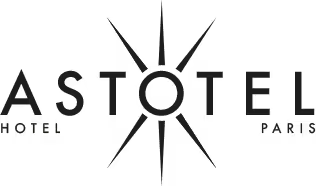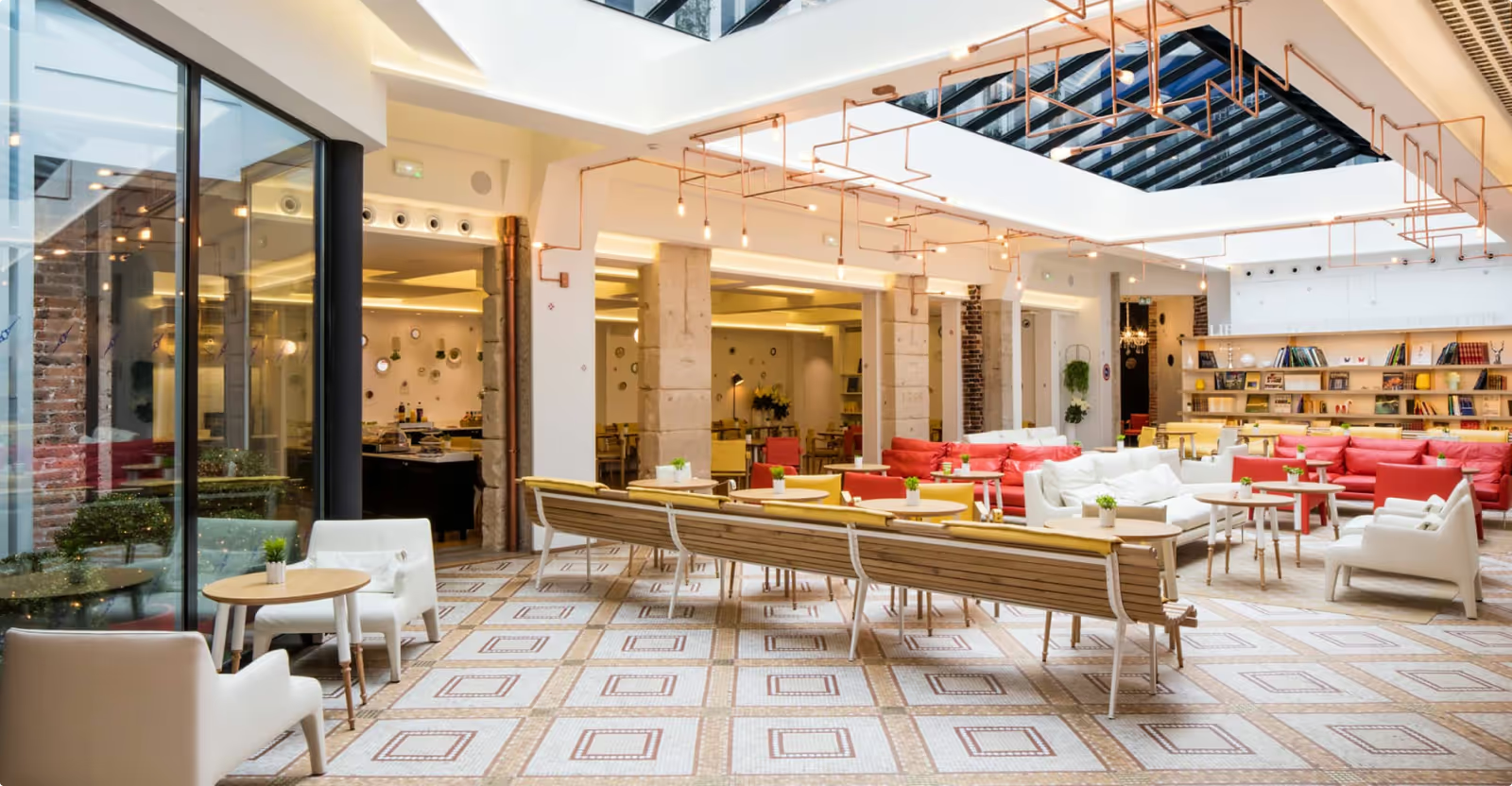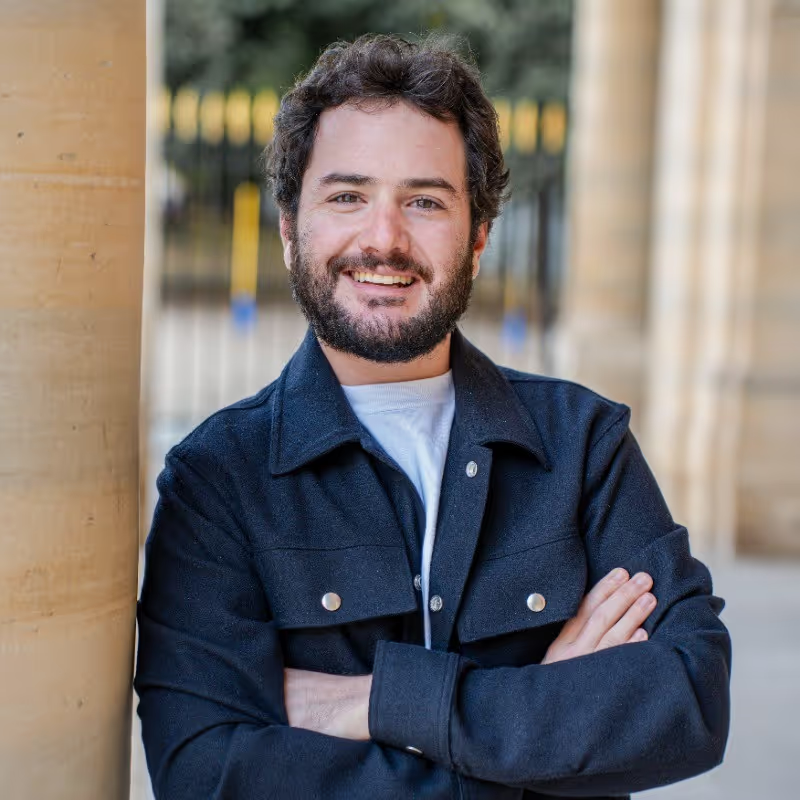Watch the customer story video
At Astotel, a renowned Parisian hotel group known for its charming 3- and 4-star establishments, operational excellence and customer experience are at the heart of its strategy. With 18 hotels across the capital and a strong reputation for quality, Valérie, the Group’s Purchasing Director, shared how Astotel began its digital transformation to optimize internal processes.
We spoke with her to understand why Astotel chose Phacet, and what results the initiative has delivered.
What is your scope of responsibility in procurement, and what motivated you to turn to AI?
I manage all the strategic purchasing for the hotel group—from toilet paper to light fixtures, radiators, flooring, glassware, and even food products. It’s a wide-ranging scope that used to require a lot of time, especially to ensure that invoiced prices matched the prices we had negotiated. AI has helped me become more efficient by quickly identifying price discrepancies, and even catching some errors I wouldn’t have noticed on my own.
Before working with Phacet, how did you verify price consistency across your various locations?
Up until now, I carried out manual checks by randomly selecting invoices to compare prices between hotels. That’s how I discovered that certain items—like food products—were being invoiced differently from one hotel to another, despite a shared price list.
For example, for the same reference of smoked salmon and the same quantity, I found up to a €6 difference per kilo between two hotels.
Before Phacet, everything was done manually, using Excel spreadsheets or PDFs, which made comparisons very difficult. Comparing products of different brands or qualities, for instance, was both complicated and time-consuming.
What results have you seen with the first version of the tool developed by Phacet?
Every request I sent to Phacet received a response the same day, which was excellent. That’s not the case everywhere.
With Phacet, we rolled out a first version of the tool for one supplier, and the result has been very satisfying. The data dashboards were designed in strict accordance with the group’s visual identity guidelines, a non-negotiable requirement from our CEO. The team delivered a clear, readable report perfectly aligned with our operational and aesthetic standards.
In concrete terms, the app automatically identifies discrepancies between the reference price list and the invoices, detecting pricing anomalies or non-compliant purchases. It helps me quickly identify whether certain hotels are stepping outside the authorized framework, even though our policy requires buying the same products at the same prices, unless an exception is officially approved. This has resulted in time savings and a more secure procurement process.
What impact has the integration of Phacet’s tool had on your daily operations and workflow?
The integration of the tool developed with Phacet had an immediate impact on my organization. During the test phase in February, I saved at least two hours of work per day by eliminating tedious manual control tasks. Before, I was juggling dozens of daily emails, urgent issues, and unfinished Excel sheets—today, everything is centralized, clear, and fast.
AI has helped reveal billing discrepancies I wouldn’t have caught on my own, particularly differences between invoiced prices and our negotiated price list. Where I used to only see variations between hotels, the tool revealed structural anomalies in billing.
How has Phacet impacted your cost savings across all the hotels you manage?
The leverage effect is even greater since I oversee all purchases for all of our hotels. No purchase can be validated without going through the procurement department. This means that every euro saved on a unit purchase can translate into thousands of euros in annual savings. For example, a price difference of €1 to €2 per liter of orange juice, multiplied across 18 establishments, has an immediate and significant financial impact.







